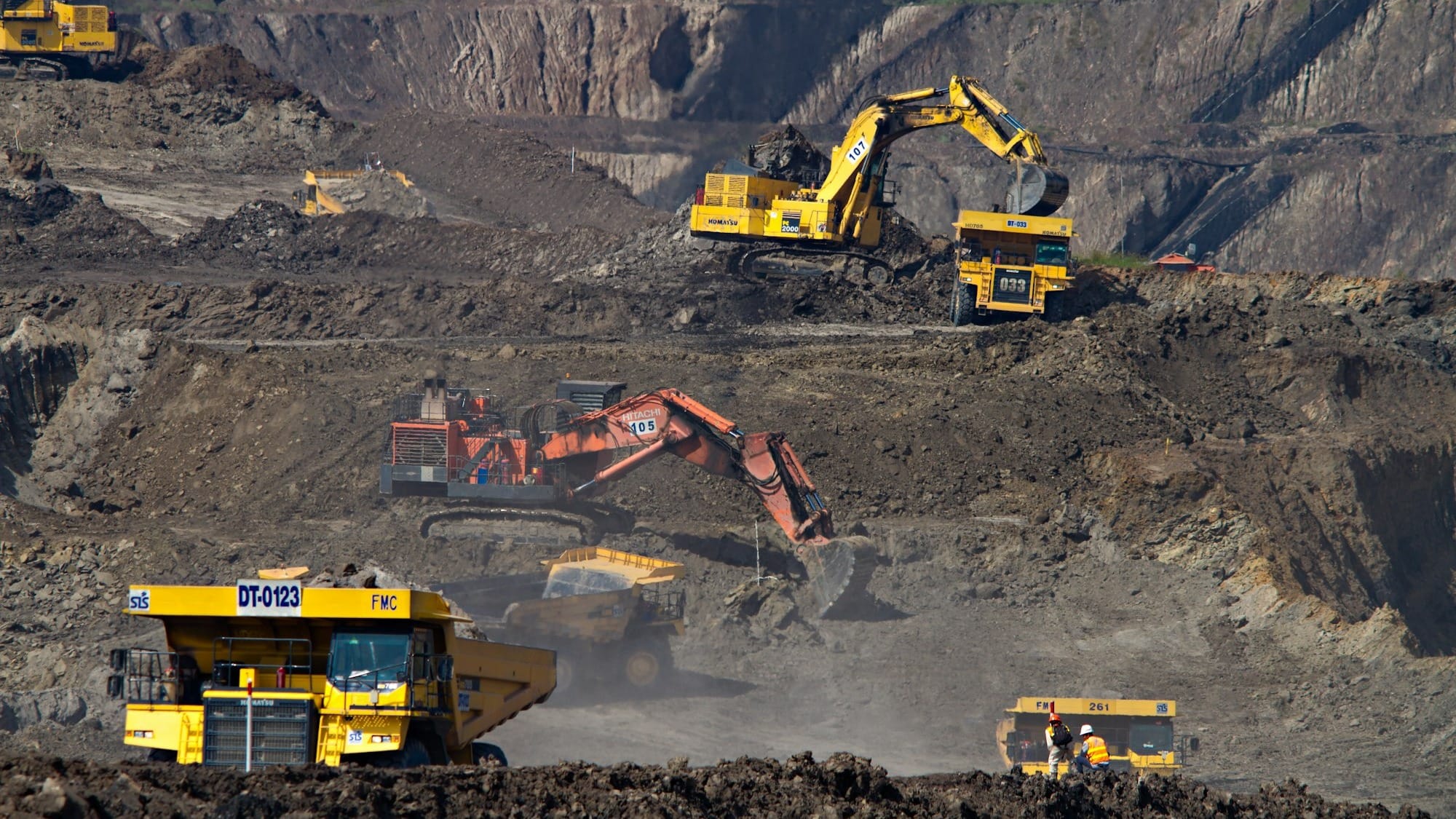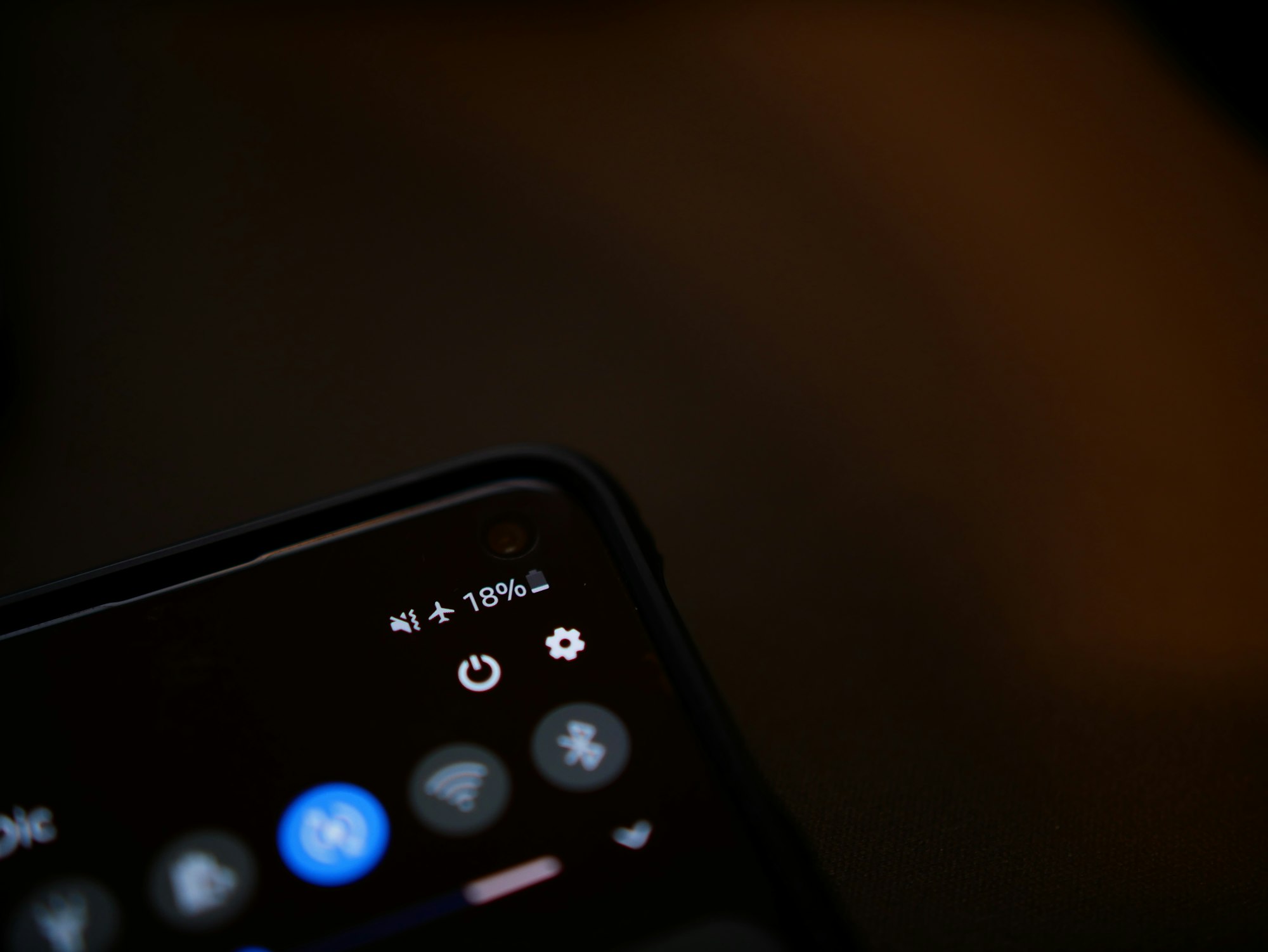Congo files lawsuit against Apple for allegedly exploiting its minerals
The pressure is mounting for tech giants to take more responsibility for the environmental and social impacts of their sourcing practices.

In recent years, tech companies have increasingly faced scrutiny over the ethical sourcing of materials for their products. From smartphones to laptops, these devices rely on a range of minerals like tin, cobalt, tantalum, and tungsten, to function. However, the mining of these minerals often comes with a dark history.
The Democratic Republic of the Congo (DRC), a key global supplier of many minerals, has long been plagued by armed groups fighting for control of its mines. The country's mineral production industry generates a substantial annual revenue of $13.7 billion, making it the eighth-largest exporter of essential minerals in Africa. However, these ongoing battles have led to violence, forced labour, and widespread human rights abuses over its resources
The DRC has now filed criminal complaints against Apple, accusing the company of using "blood minerals" from these conflict zones, sparking a major legal battle in Europe.
The DRC’s complaint targets Apple subsidiaries in France and Belgium, alleging the company is complicit in the exploitation of minerals that fuel violence in eastern Congo and neighbouring Rwanda. These minerals are reportedly "laundered" through international supply chains, making their way into consumer products, including Apple devices.
The accusations include serious charges like war crimes, money laundering, and deceptive business practices, as the company allegedly misled consumers by presenting its supply chain as ethical and clean.
Apple, however, strongly disputes these claims. The company argues that it conducts thorough audits of its suppliers and that it has taken steps to ensure its supply chain is free from conflict minerals. Apple announced earlier this year that it had instructed its suppliers to suspend sourcing tin, tantalum, tungsten, and gold from the DRC and Rwanda due to concerns about the ability to trace minerals back to their origins reliably. Apple also claims that a significant portion of the materials in its products are recycled, minimizing the need for raw minerals from conflict zones.
This case is not just a legal battle for Apple—it’s part of a broader movement calling for greater transparency in global supply chains. Tech giants like Microsoft and Dell have faced similar scrutiny, with both companies investing in initiatives to improve mineral traceability and eliminate the use of conflict minerals.
The pressure is mounting for tech giants to take more responsibility for the environmental and social impacts of their sourcing practices, especially as awareness of these issues grows among consumers.
As the DRC’s case moves forward, it could set a significant precedent for corporate accountability in the tech industry. While Apple is defending its actions, the outcome of this legal battle may force companies to rethink their supply chains and adopt even more rigorous standards for sourcing materials. It’s a reminder that the world’s appetite for tech gadgets comes with complex, often hidden costs.










